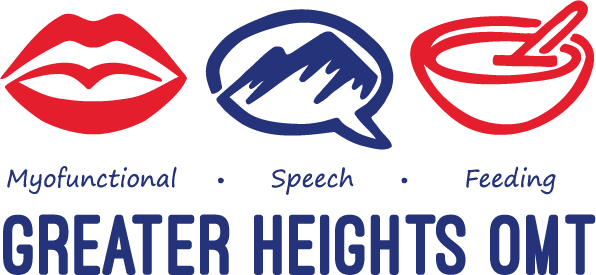What does a Speech-Language Pathologist Do?
A speech-language pathologist may focus on a specific area of treatment or may treat all aspects of communication and the oral mechanism.
Speech
Speech refers to how sounds are made via the articulators (i.e. tongue, teeth, and lips), as well as the muscles necessary for speech execution. A speech-language pathologist will assess what sounds a patient or child is using, and how they are making those sounds. In the case of a child, they will determine whether the child’s sound repertoire is representative of their developmental stage. “Speech” includes: articulation, phonology, fluency/dysfluency (stuttering or cluttering), respiration (breathing for speech) and voice/vocal quality.

Oral Motor
Oral motor skills refers to how the lips, tongue, and jaw are working together and independently from each other. The muscles used for feeding are the same muscles used for speech. Sometimes speech therapy will involve intense focus on the muscles of face and mobility in the tongue.
Oral development begins in utero, and birth to 2 years of age is a critical learning period for mouth/oral development. Disordered lip posture, tongue resting posture, jaw stability, chewing, and swallowing can result in a variety of disorders leading to jaw, neck, and facial pain, tongue thrusting, sleep disorders, poor posture and relapsed orthodontics.
The therapist can go over the stages of feeding, mouthing, and oral development. In addition, the therapist can assess sensory awareness of the oral structure as it relates to oral functions.

When to see a Speech-Language Pathologist
- Are you concerned about your child’s speech development?
- Has your child’s teacher or caregiver shared concerns about your child’s speech and/or difficulty being understood?
- Does your child become upset because peers are teasing them about their speech?
